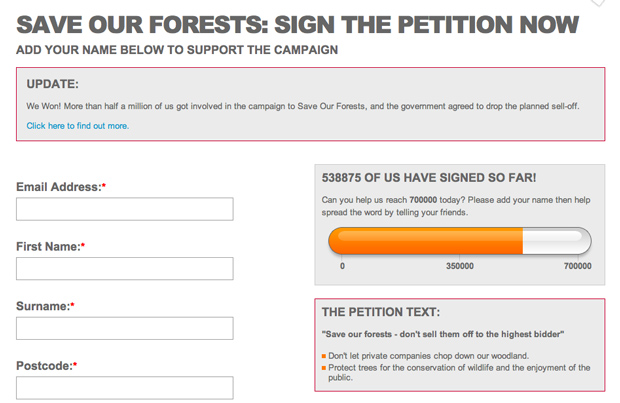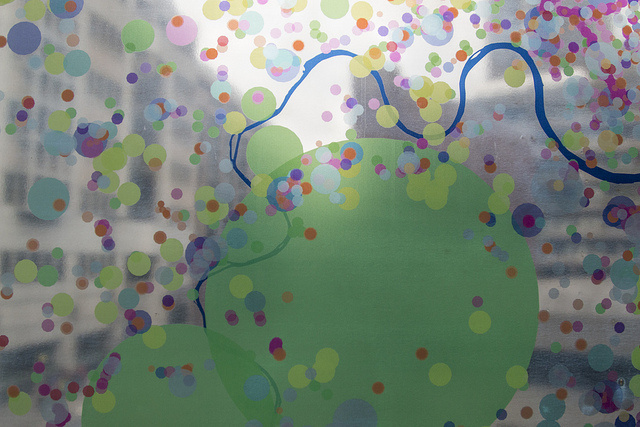All Articles
All topics
-

Does a market-approach to online privacy protection result in better protection for users?
Examining the voluntary provision by commercial sites of information privacy protection and control under the…
-
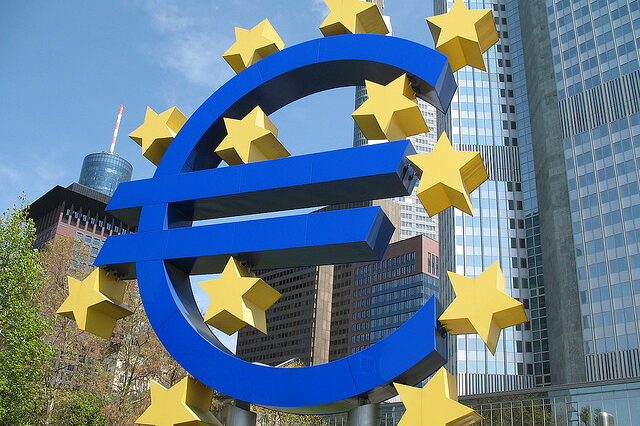
Will digital innovation disintermediate banking—and can regulatory frameworks keep up?
The role of finance in enabling the development and implementation of new ideas is vital—an…
-
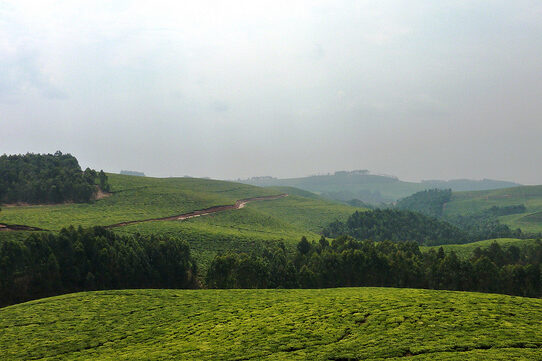
Examining the data-driven value chains that are changing Rwanda’s tea sector
– in DevelopmentWhat role is new Internet connectivity playing in changing these sectors—which are often seen as…
-
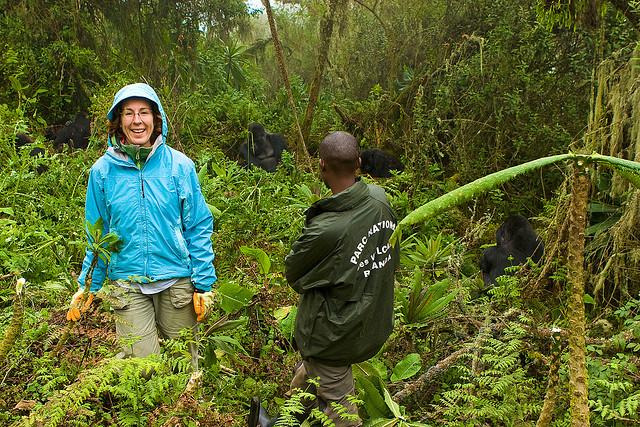
Why haven’t digital platforms transformed firms in developing countries? The Rwandan tourism sector explored
– in DevelopmentHave Rwandan firms been able to access online platforms? What impact has access to these…
-

Will China’s new national search engine, ChinaSo, fare better than “The Little Search Engine that Couldn’t”?
Branded explicitly as “China Search: Authoritative National Search,” ChinaSo reinforces a sense of national identity.…
-
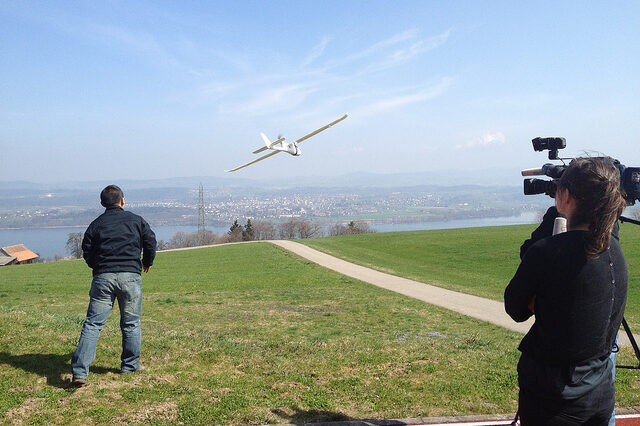
Can drones, data and digital technology provide answers to nature conservation challenges?
– in EnvironmentDrone technology for conservation purposes is new, and its cost effectiveness—when compared with other kinds…
-
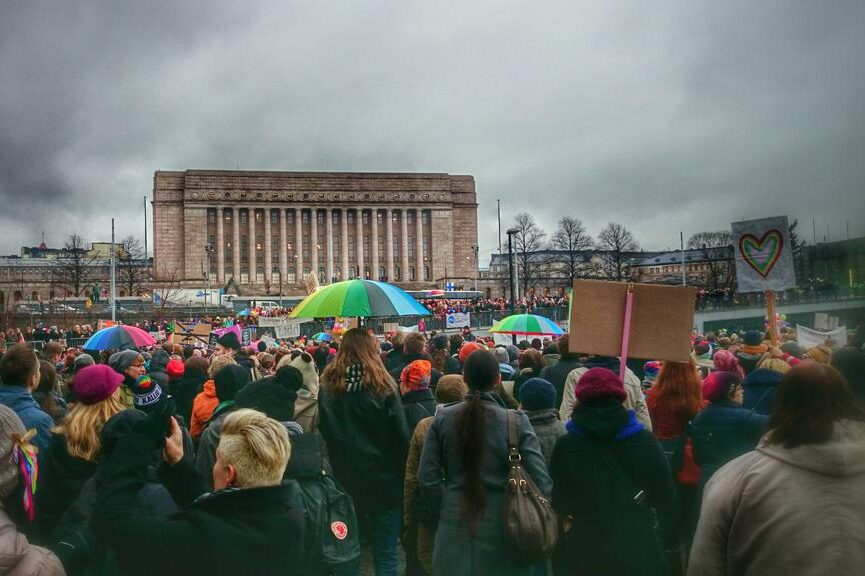
Finnish decision to allow same-sex marriage “shows the power of citizen initiatives”
It is the first piece of “crowdsourced” legislation on its way to becoming law in…
-
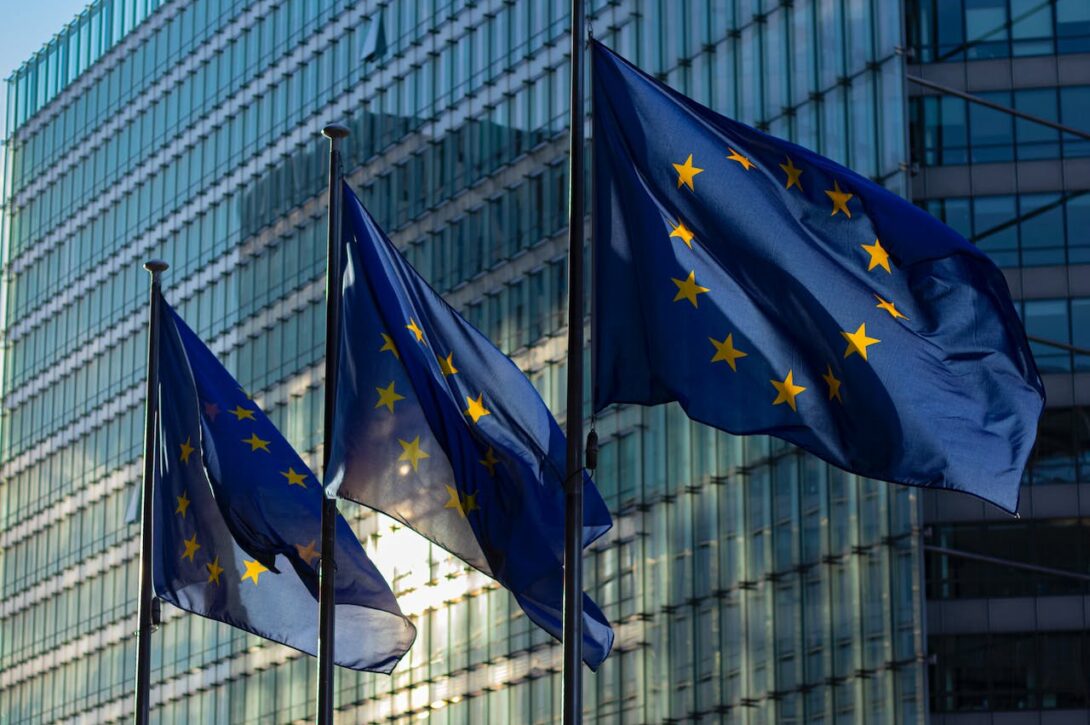
The Future of Europe is Science and ethical foresight should be a priority
– in EthicsHow will we keep healthy? How will we live, learn, work and interact in the…
-

Broadband may be East Africa’s 21st century railway to the world
The excitement over the potentially transformative effects of the internet in low-income countries is nowhere…

